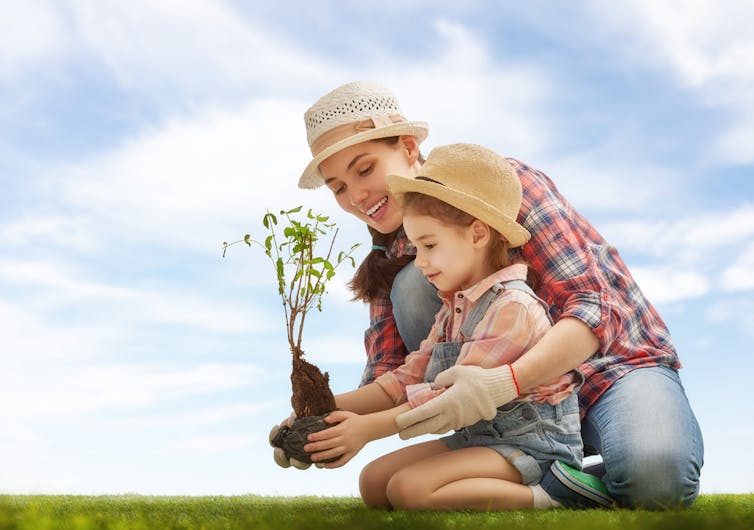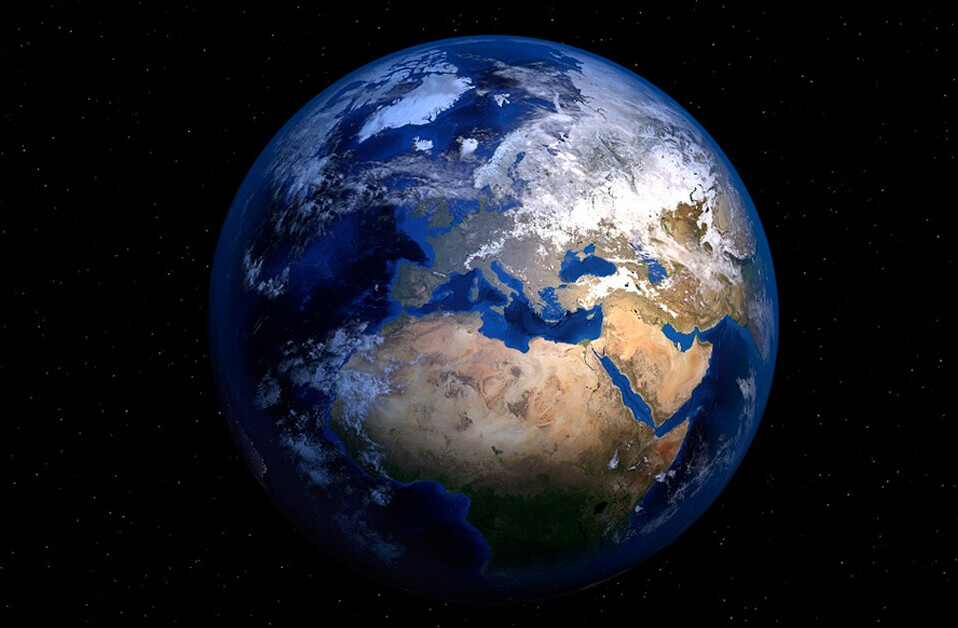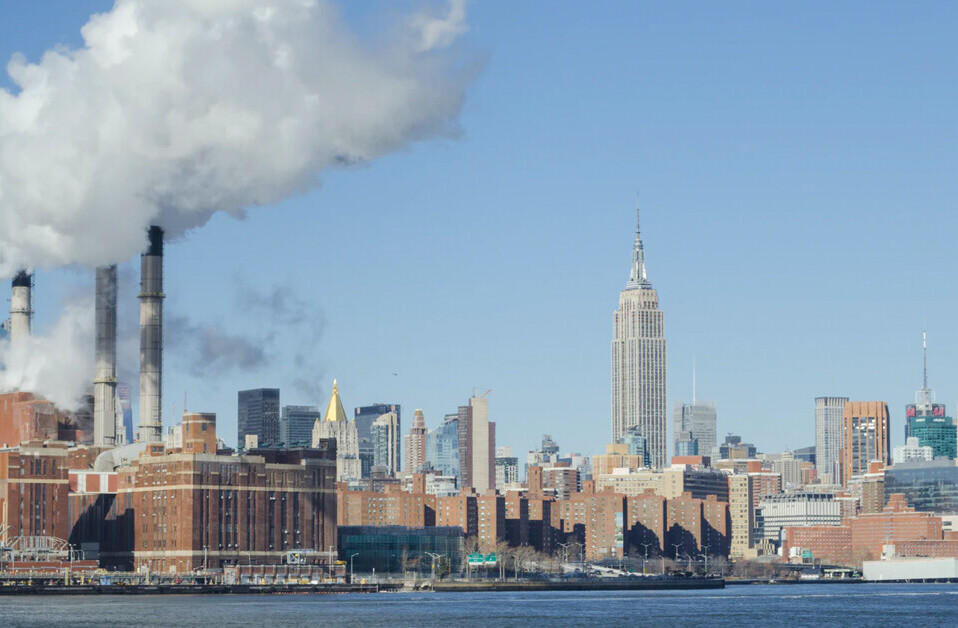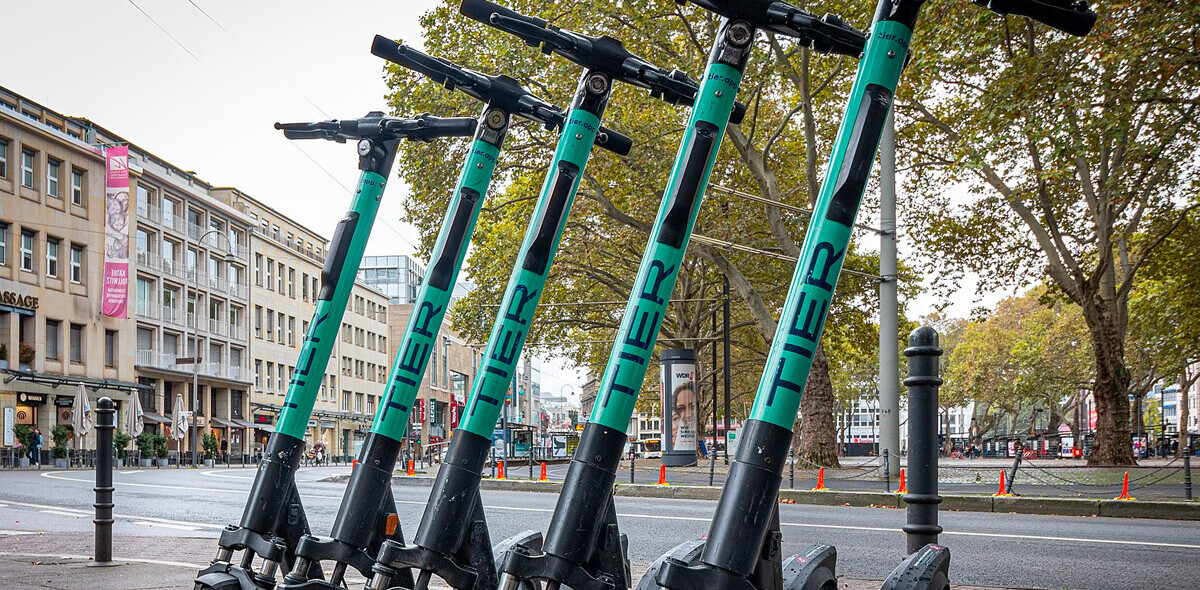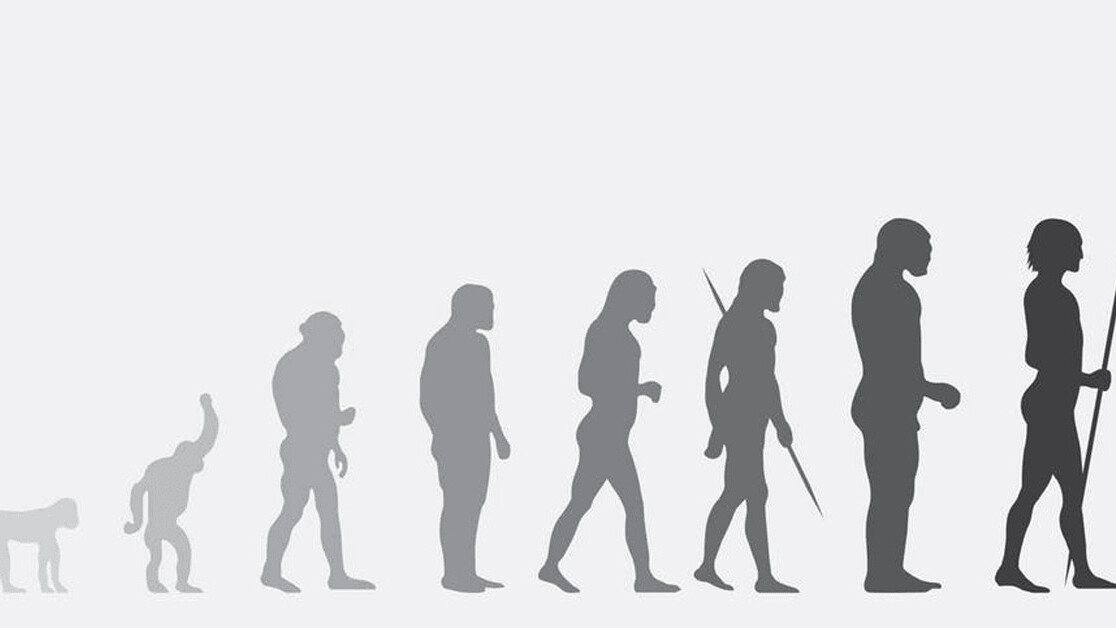
Measles cases in the US have hit a 25-year high, with 78 new infections in the past week alone. In a sign of the times, a cruise ship with hundreds of Scientologists on board was quarantined in St Lucia after one passenger was diagnosed with the disease. It’s the sort of news you can expect when parents stop vaccinating their children, which many did from the 1990s onwards for fear that scientists were foisting remedies on them that were more dangerous than the diseases themselves.
As society has become ever more convenient, hygienic and wrapped in cling film, many hark back with dewy eyes to the natural and supposedly wholesome lifestyles of our ancestors in pre-industrial times. Besides the fear around vaccines, growing numbers of people put their faith in the organic movement, the anti-GM lobby and New Age philosophies. They have increasingly rejected the ability of science to improve our lives, placing an almost religious trust in the benevolence of Mother Nature instead.
Coupled with this is a very positive view of evolution. It is seen as a caring and compassionate force which has shaped us and the rest of the natural world. It almost seems that there is the growing belief that if natural evolution were left to its own devices, then everything would work out for the best.
But this idea of evolution as benign is extraordinarily wide of the mark. Evolution is a brutal and uncaring, even obscene opponent, which the medical world is constantly trying to outmaneuver and overcome. Perhaps because of the brilliance of Charles Darwin’s theory, evolution has been getting an easy ride for far too long. It’s time we started facing the truth about what it really means – before it eats any more of our children.
Evolution unmasked
Evolution stems from the inability of any organism to always hand down a perfect copy of its DNA to the next generation. For this we can thank factors such as the fallibility of the machinery in living organisms that copies DNA; and the basic instability of DNA when exposed to certain chemicals or types of radiation that have always existed in our environment. It means that nobody has ever inherited a perfect copy of their parents’ DNA. Indeed, one of the reasons we have two parents is to ensure that, if one copy of our genes going wonky, we have a second back-up gene to cover.
When our DNA mutates, natural selection steps in – and this is where things get really ugly. Natural selection is the process through which the mutations in a species which are “best suited” to their environment thrive, while “less suitable” ones die off. It has dictated everything we see around us, from the length of giraffes’ necks to the shape of sharks’ fins.
In the past, our ancestors were subjected to full-strength, undiluted, CFC-free, pure-organic, additive-free natural selection. The biggest recipients were young children, for which evolution had the greatest appetite of all. Those with the least useful mutations could look forward to a horrific death by starvation, predators, cannibalism, disease, drought, flash floods, drowning and much more besides. During an average 30 to 40 year human life span, mothers would produce eight to ten children only to see four to five of them die before reaching the age where they might pass their genes to the next generation.
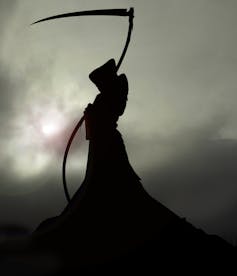
This was evolution writ large: the inexorable cruel erosion of the vast majority of individuals, who had one set of genes, in favor of the tiny lucky minority who had the genetic ability to survive until they could perpetuate this cruel cycle. By running that little bit faster than their brother or sister, the genetic winners avoided getting ripped apart by a pack of hungry wolves. While they clung to life in times of famine or disease, they watched their siblings fade and die. If we believe the human diversity data, we are a species which was reduced to only around 600 individuals over 100,000 years ago. This is the reality of where we came from, of how “Mother Nature” shaped us as individuals.
Unfortunately, of course, humans are still evolving today. People are still dying from disease and starving from deprivations perpetrated by unequal societies and a lack of access to food and medicine. We remain at the mercy of natural selection, the least moral way for a species to develop. And for the majority of us who deplore cruelty and feel compassion for our fellow man, woman and child, I would argue it creates a moral obligation: to aggressively stop evolution of the human species as a matter of urgency.
The only way to do this is to embrace the results of scientific enquiry. Our greatest achievement as a species has been to break free from the sheer naked ferocity of evolution. It means we need GM food to avoid starvation. We need additives to ensure that the food we grow can be safely consumed before it spoils – an important consideration for an increasing population. And most importantly of all, we need vaccines to prevent disease. We must never again expose our children to the wholesome, fully organic, unblemished and obscene fury of Mother Nature unleashed. Love science, hate evolution. Coming to a car bumper sticker near you soon, I hope.![]()
This article is republished from The Conversation by Alasdair Mackenzie, Reader, Molecular Genetics, University of Aberdeen under a Creative Commons license. Read the original article.
Get the TNW newsletter
Get the most important tech news in your inbox each week.
